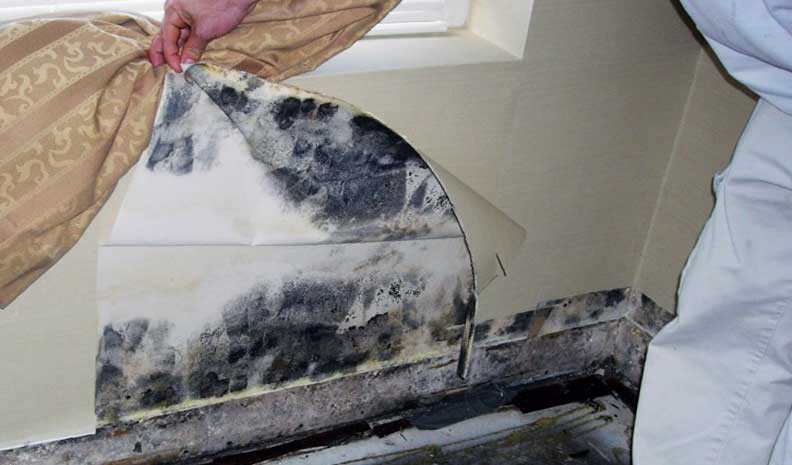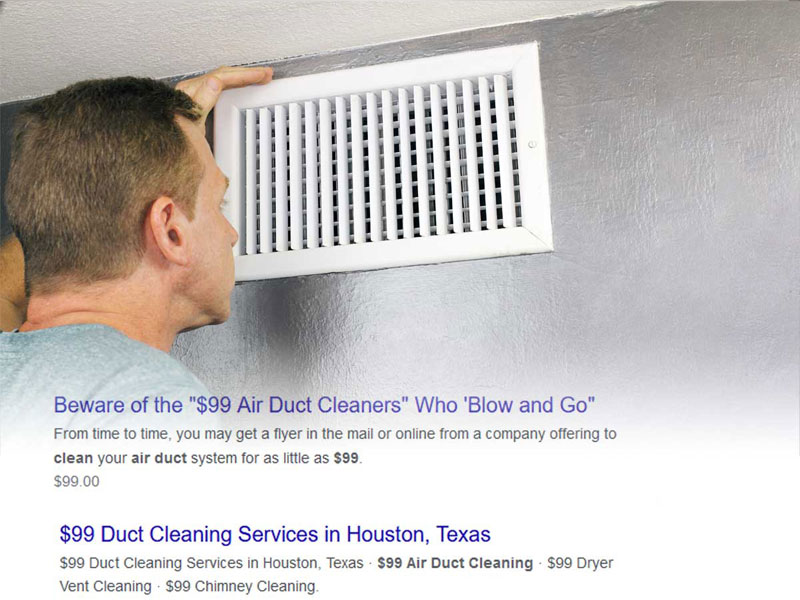Ensuring Optimal Indoor Air Quality: The Key to a Healthy and Comfortable Environment
At ProGeneralService, we understand the importance of maintaining optimal indoor air quality for a healthy and comfortable living or working environment. Indoor air quality (IAQ) has a significant impact on our overall well-being, productivity, and quality of life. Poor IAQ can lead to various health issues, including allergies, respiratory problems, and even more severe conditions. Therefore, it is crucial to take proactive measures to ensure clean and fresh air indoors.
The Impact of Indoor Air Quality
Indoor air pollution is a growing concern in today’s modern society. As we spend a significant amount of time indoors, whether at home, in offices, or other enclosed spaces, the quality of the air we breathe directly affects our health. Studies have shown that indoor air can be up to five times more polluted than outdoor air. This alarming statistic highlights the urgent need to prioritize and improve indoor air quality.
Identifying Common Indoor Air Pollutants
To effectively address indoor air quality issues, it is essential to identify and understand the most common pollutants that can compromise the air we breathe. Some of the significant culprits include:
- Volatile Organic Compounds (VOCs): These are chemicals emitted by various household products such as paints, cleaning agents, carpets, and furniture. Long-term exposure to VOCs can lead to respiratory problems and even contribute to the development of certain cancers.
- Dust and Allergens: Particles such as dust mites, pet dander, pollen, and mold spores can trigger allergies and respiratory issues, particularly in individuals with sensitivities or pre-existing conditions.
- Poor Ventilation: Insufficient air exchange can lead to a buildup of pollutants, stale air, and increased humidity levels, creating an uncomfortable and potentially hazardous indoor environment.
- Mold and Mildew: Moisture and humidity issues can promote the growth of mold and mildew, which release spores into the air. Exposure to mold spores can cause allergies, asthma attacks, and other respiratory problems.
Effective Strategies for Improving Indoor Air Quality
Regular Ventilation and Air Circulation
Proper ventilation is crucial for maintaining fresh and clean indoor air. Ensure that your property has adequate ventilation systems, such as windows that can be opened, exhaust fans, or air conditioning units with air filters. By promoting air circulation, you can reduce the concentration of pollutants and keep the indoor environment healthier.
Air Purification Systems
Investing in high-quality air purification systems can significantly improve indoor air quality. These systems use advanced filtration technologies to remove allergens, VOCs, and other pollutants from the air, ensuring a healthier breathing environment. Consider options such as HEPA (High-Efficiency Particulate Air) filters, activated carbon filters, or electronic air purifiers to meet your specific needs.
Controlling Humidity Levels
Excessive humidity can create a breeding ground for mold and mildew, compromising indoor air quality. Use dehumidifiers or air conditioners to maintain optimal humidity levels (between 30-50%) and prevent moisture-related issues. Regularly inspect and address any water leaks or condensation problems promptly.
Green Cleaning and Non-Toxic Products
Many conventional cleaning agents and household products contain harmful chemicals that can negatively impact indoor air quality. Opt for environmentally friendly and non-toxic alternatives to reduce the release of VOCs. Look for labels indicating products that are low in volatile organic compounds or choose natural cleaning solutions such as vinegar, baking soda, or lemon juice for your cleaning needs.
Regular Maintenance and Inspection
Proactive maintenance and routine inspections are crucial for identifying and addressing potential sources of indoor air pollution. Regularly check and clean ventilation systems, air filters, and ductwork to ensure optimal functioning. Promptly repair any leaks, water damage, or mold growth to prevent further contamination.
Indoor Plants for Natural Air Purification
Introducing indoor plants can serve as a natural and aesthetically pleasing way to improve indoor air quality. Certain plants, such as the Snake Plant, Peace Lily, or Aloe Vera, have been shown to filter out common pollutants and release oxygen, enhancing the overall air quality in your space.
Minimize Chemical Exposure
Be mindful of the products you bring into your indoor environment. Opt for low-VOC or VOC-free paints, varnishes, and adhesives when renovating or redecorating your space. Choose furniture made from natural materials or those certified as low in chemical emissions. By minimizing chemical exposure, you can significantly reduce the impact on indoor air quality.
Promote a Smoke-Free Environment
Cigarette smoke contains numerous harmful chemicals and pollutants that can severely compromise indoor air quality. Implement a strict no-smoking policy indoors to protect the health and well-being of everyone in your space. Designate outdoor smoking areas away from entrances to prevent smoke from infiltrating the house.
Educate and Raise Awareness
Creating awareness about the importance of indoor air quality is crucial. Educate yourself, your family, and your colleagues about the potential health risks associated with poor IAQ. Share information on simple steps they can take to improve air quality in their own spaces. By spreading knowledge, we can collectively contribute to healthier indoor environments.
Seek Professional Assistance
If you encounter persistent indoor air quality issues or suspect more significant problems, it is advisable to seek professional assistance. Indoor air quality professionals can conduct thorough assessments, identify sources of contamination, and provide tailored solutions to improve IAQ in your specific setting.
By implementing these strategies and maintaining a proactive approach, you can create a healthier and more comfortable indoor environment for yourself and those around you. Prioritizing optimal indoor air quality is an investment in your well-being and overall quality of life.


